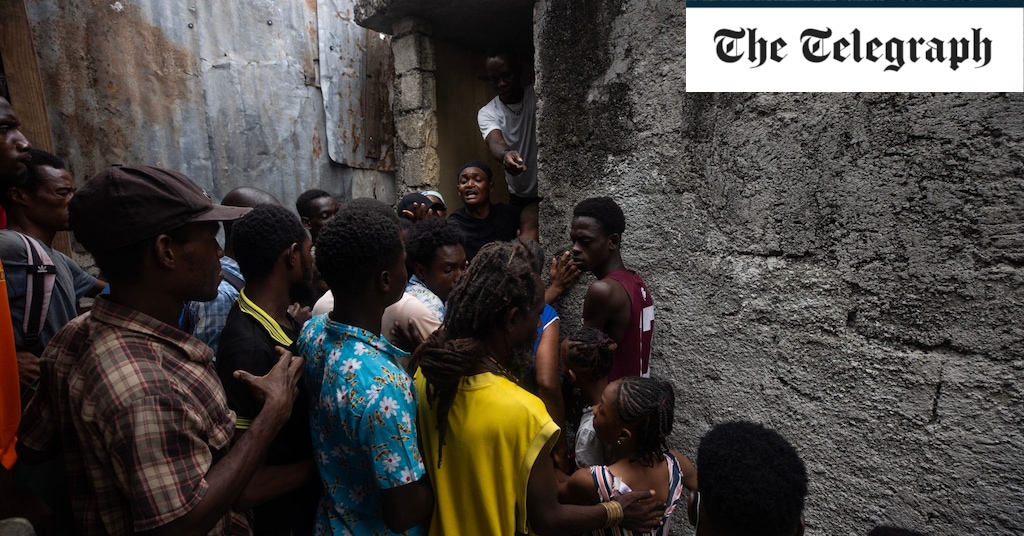
Haiti’s existing poor agricultural performance has been further aggravated by gangs extending their web of control across agricultural areas in the north, particularly the Artibonite, known as the bread basket of Haiti.
The insurgents have attacked irrigation systems, stolen crops and demanded taxes for farmers to access fields, displacing tens of thousands of people and causing a devastating impact on access to critical basic food supply.
Around 3,000 hectares of the Artibonite’s farmland was abandoned in 2023, according to WFP estimates.
“I met market women in [the Artibonite] who told me that they were being racketeered, kidnapped and sometimes even raped by members of the armed groups in that area,” said Mr Bauer.
“As a result, you’ve got towns in this part of Haiti where food is rotting because it can’t be taken to marketers…and then you’ll find hospitals with children suffering from acute malnutrition.”
Port-au-Prince’s international airport reopened in mid-May after nearly three months of closure, creating optimism that aid could begin to flow more freely throughout the country.
“Right now, we’ve been able to use the containers that we placed in Port-au-Prince ahead of the crisis, but those have been running low,” said Mr Bauer. “Things are tentative.”

